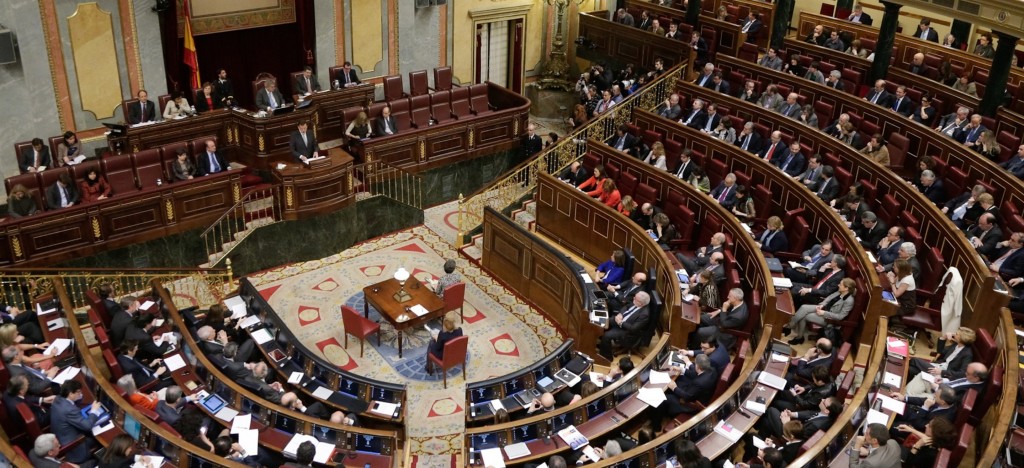29.10.2019 - 15:02
|
Actualització: 29.10.2019 - 16:02
With the Spanish election on November 10 less than two weeks away, the latest poll by the Spanish CIS public research institute predicts that Catalan pro-independence forces would win with absolute majority in Catalonia and could get 26 out of 48 seats in Madrid.
Esquerra Republicana party (ERC) of jailed former vice president Oriol Junqueras would be the big winner, improving on its current 15 seats to between 16 and 18; Junts per Catalunya dropping from 7 seats to between 4 and 6; and far-left CUP, who are contesting a Spanish election for the first time, would gain one or two seats.
The Catalan Socialists would stay in second place in Catalonia, going from 12 seats in congress to 13 or 14, with the leftwing Catalunya en Comú gaining one or two seats to take its total to nine. The unionist Ciutadans would go from 3 seats to 2, the PP would keep its only seat and the Catalan wing of Vox would lose the one they have.
Spanish level
According to the poll, Pedro Sánchez’s Socialist Party (PSOE) would win 32.2% of the ballot, with between 133 and 150 seats in congress. The poll’s results, which were published on Tuesday, also say that the conservative People’s Party (PP) would likely come in second place with between 74 and 81 seats, with the unionist Ciudadanos (27 to 35) and leftwing Podemos (27-35 seats) vying for third place.
The November election comes a little over six months since the last Spanish general election on April 28, in which PSOE won 28.6% of the vote and 123 seats, with PP getting 66 seats, Ciudadanos with 57 seats, and Podemos with 42 seats.
Since the general election in the spring, the Socialists have acted as Spain’s caretaker executive, with Sánchez forced to call the November snap election after his party was unable to garner the 176 seats in congress needed to form a majority government.
Catalan crisis continues to be main issue
Since the April 28 ballot, the conflict with Catalonia has continued at the forefront of Spanish politics, posing the greatest political and constitutional crisis that Spain has had to face since the return to democracy in the 1970s.
In fact, the survey of almost 18,000 respondents that the poll’s results are based on was carried out between September 21 and October 13, before the Supreme Court sentenced Catalan leaders to prison, which sparked widespread disturbances across Catalonia.
What’s more, the CIS has come in for criticism from some opposition parties, who have accused the research institute of bias towards PSOE, given that it was Sánchez who appointed José Félix Tezanos as its head.
This CIS poll differs from most polls published recently by a variety of media outlets, which suggest that Sánchez’s party would repeat its results from April, with PP getting as many as 100 seats, and a notable upswing for the far-right Vox party.


